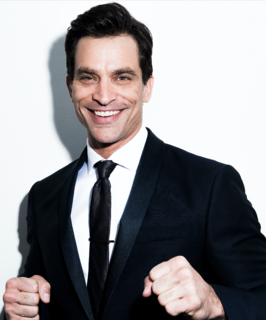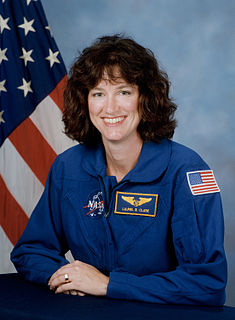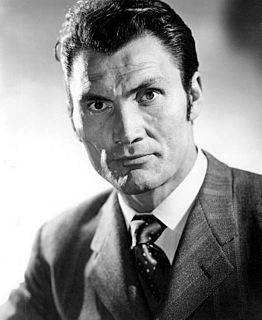A Quote by Johnathon Schaech
'Phantom' follows some of the best submarine cold-war films made. There's just so much tension, I can't even describe it - you have to see it.
Related Quotes
When I grew up, in Taiwan, the Korean War was seen as a good war, where America protected Asia. It was sort of an extension of World War II. And it was, of course, the peak of the Cold War. People in Taiwan were generally proAmerican. The Korean War made Japan. And then the Vietnam War made Taiwan. There is some truth to that.
It's been very much in the blood since I started imagining films or shooting with 8mm when I was a kid. I made some films and thought about films, but then I went into writing. Becket is something that's definitely on the cards. We have to see where that fits in the schedule, because it's a big picture and I have a lot of writing obligations at the moment. I'm wary of anything with a budget over a certain amount.
The tension of a mysterious danger is even more unbearable than danger itself. People hate the vacuum of an unknown situation. They want security. They even prefer war to the insecure expectation of a war with its threat of enemy surprise. This vague fearful expectation acts on their fantasies. They anticipate all kinds of mysterious dangers; they begin to provoke them. It is the evocation of fear and danger in order to escape the tension of insecurity.
The epithet beautiful is used by surgeons to describe operations which their patients describe as ghastly, by physicists to describe methods of measurement which leave sentimentalists cold, by lawyers to describe cases which ruin all the parties to them, and by lovers to describe the objects of their infatuation, however unattractive they may appear to the unaffected spectators.




































